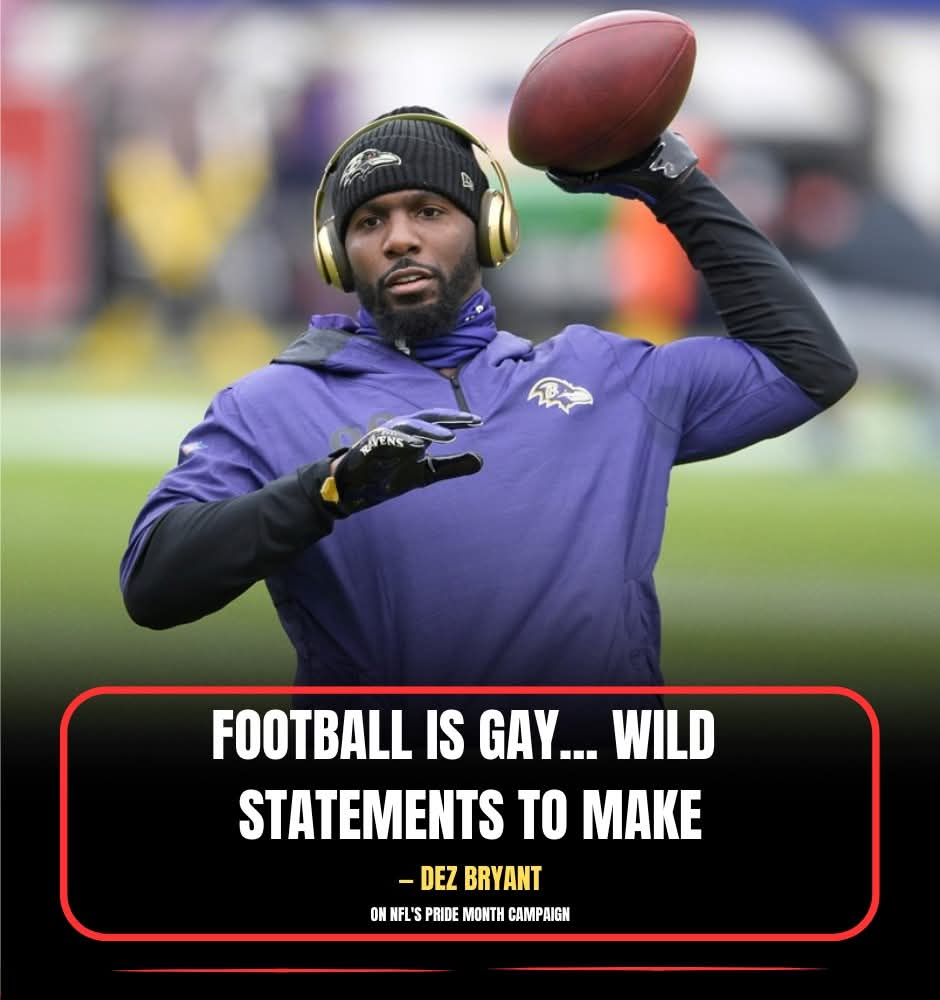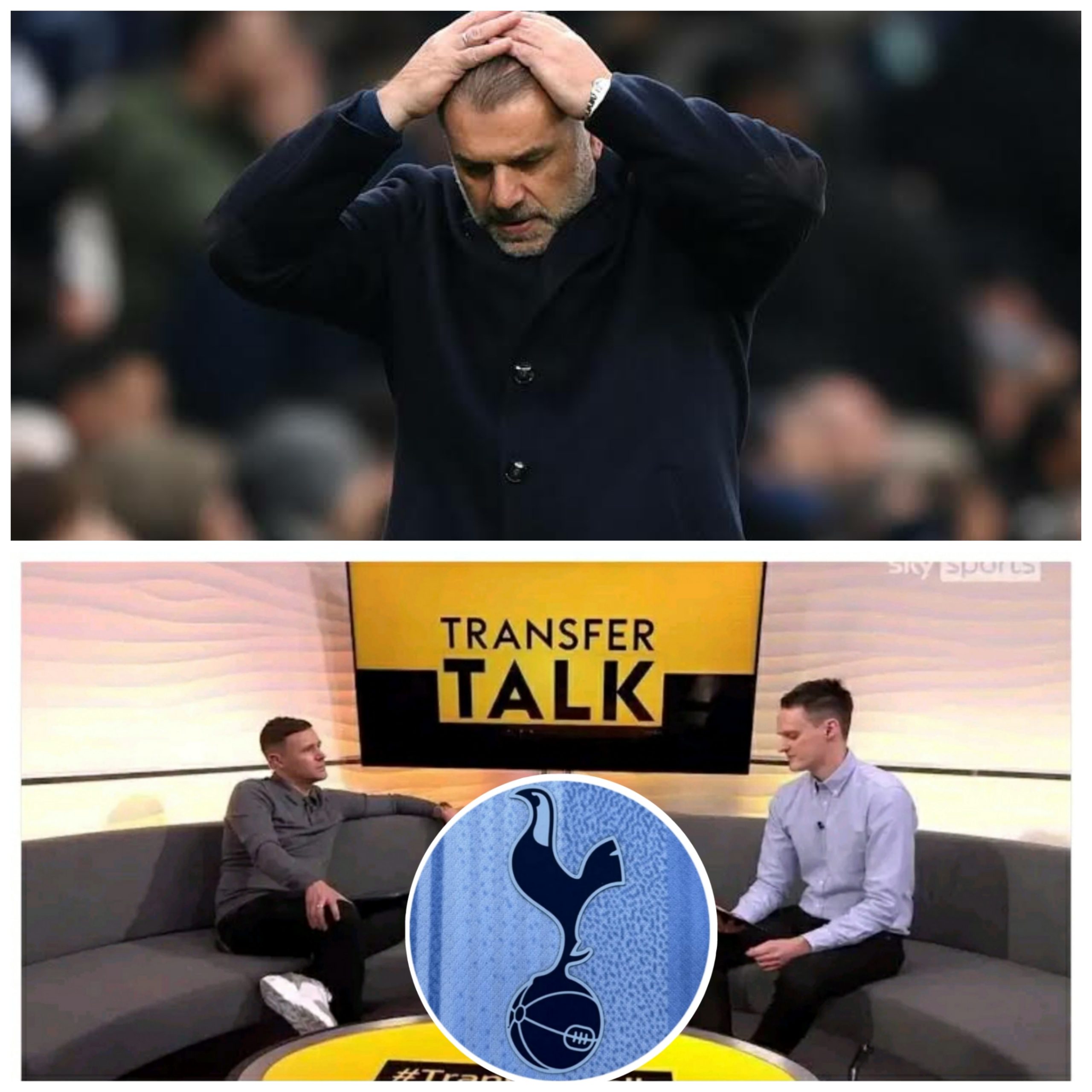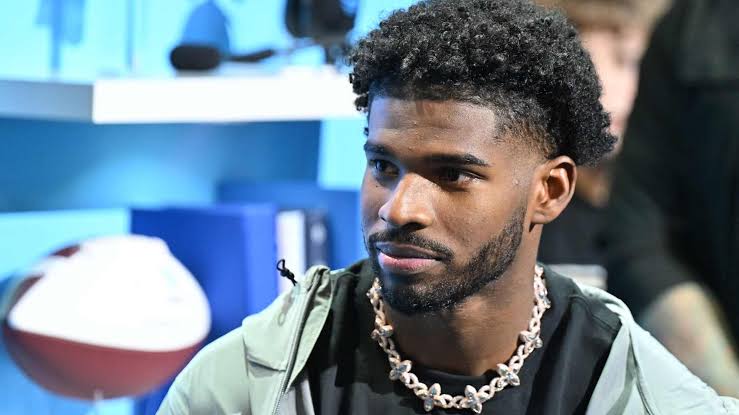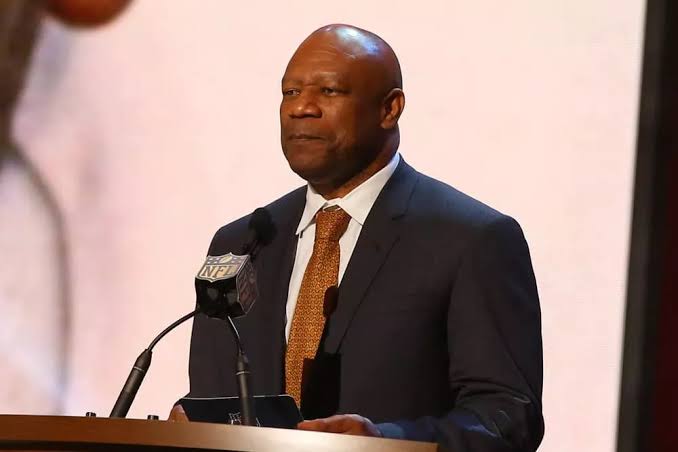Dez Bryant, the former wide receiver for the Dallas Cowboys and Baltimore Ravens, recently made waves with a comment about the NFL’s Pride Month campaign, which has celebrated LGBTQ+ inclusion in the league. Bryant’s response, which was shared on social media, stood out due to his blunt language and his refusal to align football with these themes. He said, “Football is gay, football is queer, football is transgender… these are wild statements to make… excuse my silliness. I’m going to proudly tell my boys football is none of these things. I have nothing against Gays, but this is far from right.”

At the heart of Dez Bryant’s statement seems to be discomfort with the notion of football, a traditionally hyper-masculine sport, being associated with the LGBTQ+ community in such an explicit way. His phrasing—“these are wild statements”—implies that he sees the NFL’s inclusivity campaign as a departure from what he believes the sport should represent.
Bryant’s claim that he has “nothing against gays” reflects a more common viewpoint where individuals distinguish between personal beliefs about LGBTQ+ individuals and the broader social or cultural messages being communicated by public institutions. In his view, the NFL’s Pride Month activities are an inappropriate fusion of sport and social movements. While he acknowledges the LGBTQ+ community’s right to exist and be represented, he draws a hard line at associating football with those identities. For Bryant, football is a distinct, separate sphere, and blending it with social causes like Pride could undermine its traditional values.
It’s clear that Bryant’s comment isn’t rooted in animosity but rather a deeply held belief that football should remain neutral to political or social agendas. His statement, however, brings to light an ongoing divide in sports and society: the balancing act between inclusivity and tradition. For many, Bryant’s response reflects a sentiment that might be felt by others in the world of professional sports, particularly in leagues where the culture of masculinity is deeply entrenched.
The NFL’s Pride Month campaign, along with its ongoing efforts to be more inclusive of LGBTQ+ players and fans, aims to foster a welcoming environment for all people, regardless of sexual orientation or gender identity. For some, like Bryant, this approach might feel like an imposition, while for others, it’s a long-overdue step toward acceptance.
In the end, Bryant’s comments underscore a wider debate that will likely continue within sports culture for years to come: how do you maintain the integrity of a sport while ensuring it evolves with the changing cultural landscape?


